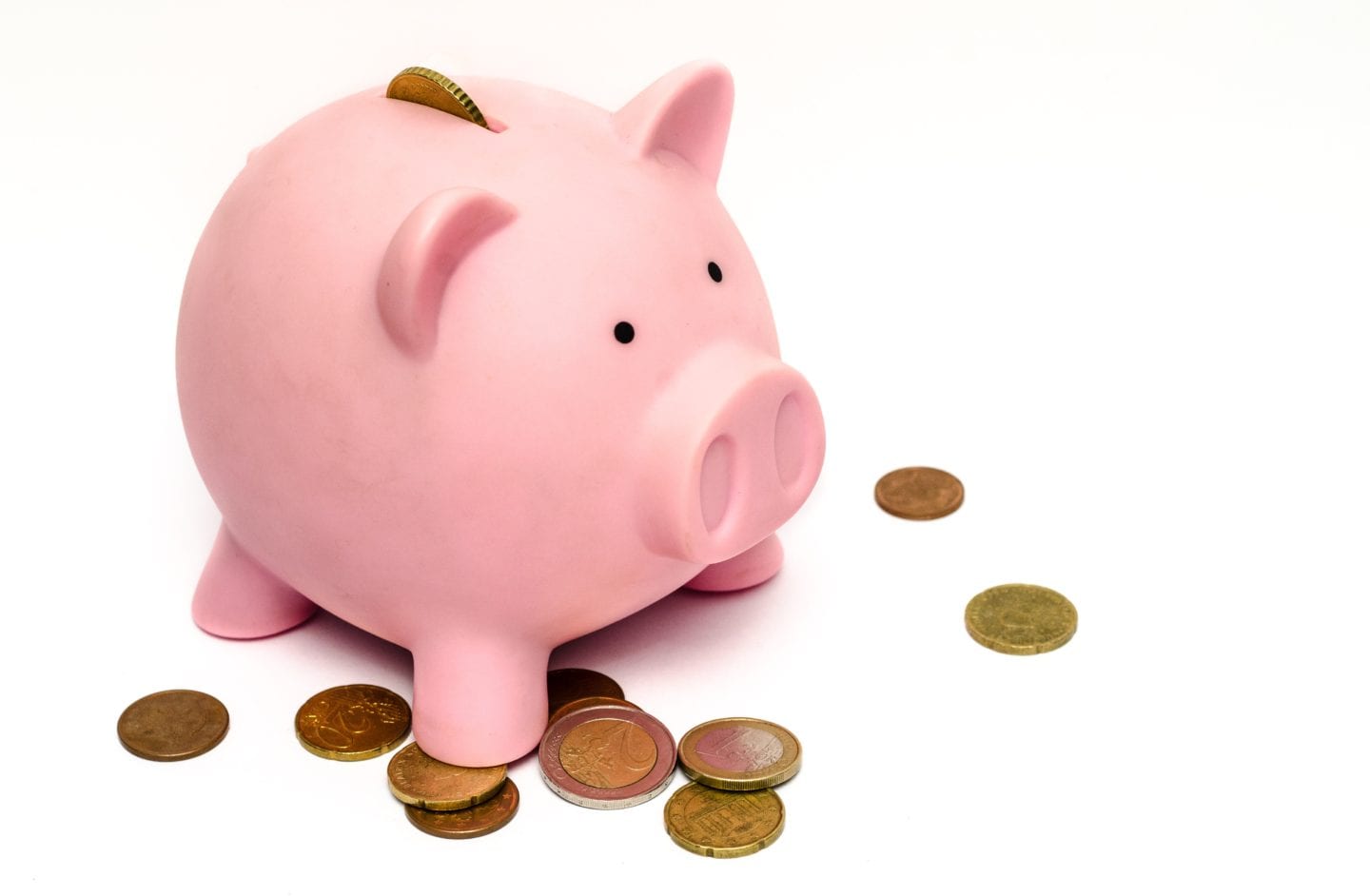Debt is such a normal part of life these days, 8 in 10 adults in the UK currently have some form of debt. Some debts are expected, a mortgage, student loans, even car finance are just seen as acceptable debts to have when you become an adult. The majority of us are also juggling additional debt in the forms of credit cards, store cards and loans. But just because debt is seen as normal doesn’t mean you have to follow the norm.
If you’re finding your financial situation stressful and starting to feel like your debts are building to volumes you are uncomfortable with, now might be the time to start getting in control of your debt and starting your journey to debt freedom. Improving your relationship with debt and in turn money in general is the first step to creating healthier money habits that lead to greater financial health and overall wellbeing.
4 steps to improving your relationship with debt
Explore your relationship with both money and debt
First sit down and think about what words or feelings come to mind when you think of Money, then do the same for debt. Why do you think you have these connections? Quite often our feelings and beliefs around money comes from our parents or what we were taught during our childhood. Sometimes these connections aren’t helpful. Recognising where these feelings stem from is the first step in being able to alter our relationship with money and creating healthier money habits
Review your current financial situation, debts and spending habits
Write down all your monthly income, outgoing bills, monthly spending and your debts. This can be quite a daunting task if you’ve got a high value of debt or are already feeling stressed around your financial situation. But until you see it all in black and white it is often difficult to see exactly where you stand. And often you need this shock to your system to give you motivation to make sacrifices and changes towards a healthier relationship with money.
Understanding where your money is being spent, where you are able to make budget cuts and what debts are most pressing helps you to make a plan to move forward.
 Set yourself a budget and make a plan for paying down your debts
Set yourself a budget and make a plan for paying down your debts
Having a good budget which allows you to see where all your money is being spent is the best place to start when you are wanting to regain control of your finances. I’ve written an in-depth post on how to get you family finances in order which will help you with your budget. Even if you don’t have debts, it is still super important to know what you are spending your money on, and set yourself realistic budgets. This helps keep you on track and will allow you to meet any savings targets you may have, be it a deposit for a home, building an emergency fund or sinking funds, saving for a holiday or even your retirement.
There are lots of different ways you can look at tackling your debt. Whether you want to snowball your debt (a la Dave Ramsey), or avalanche them is a personal choice, and only you can make a decision on what method will work best for you. If your need help getting out of debt you will find some great tips here to get you started.
Give yourself financial goals and get visual
Setting yourself both small and big financial goals can really help keep you focused, on track and motivated. Finding a small goal to start with, say paying off your first £100, or your first small debt if you are snowballing is a great method to help get the ball rolling. When you hit that goal you will find you are spurred on to hit your next target, and your next, and this will be what keeps you motivated to get rid of all your debts.
One of the best ways to keep yourself motivated is to give yourself a visual goal. You can find loads of debt or savings trackers online (I like this one) and having this visual cue where you can see the debts getting smaller and see yourself getting closer to your goal is brilliant for keeping you on track when it all starts to feel a bit much. This works for paying down debt or saving towards something.

